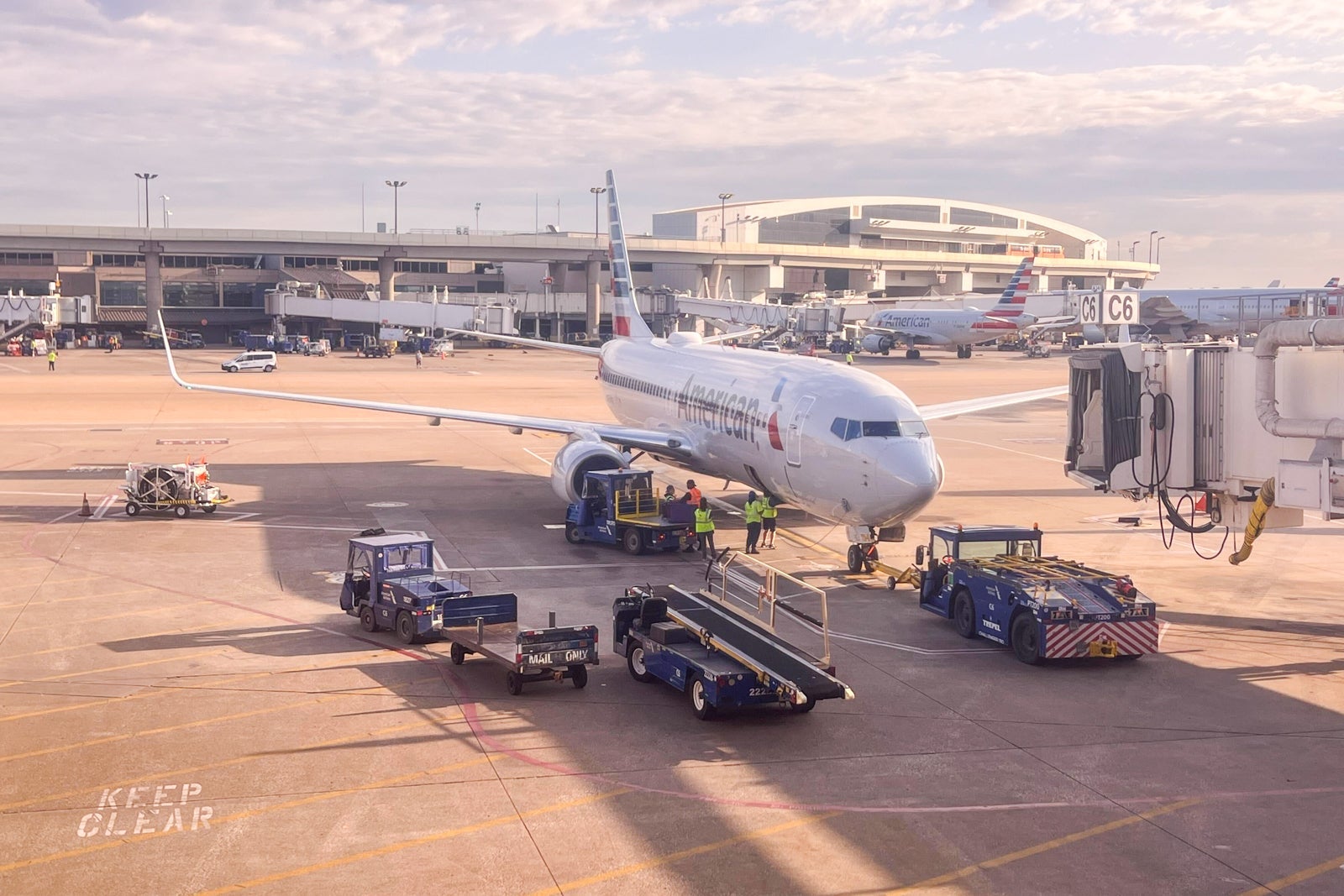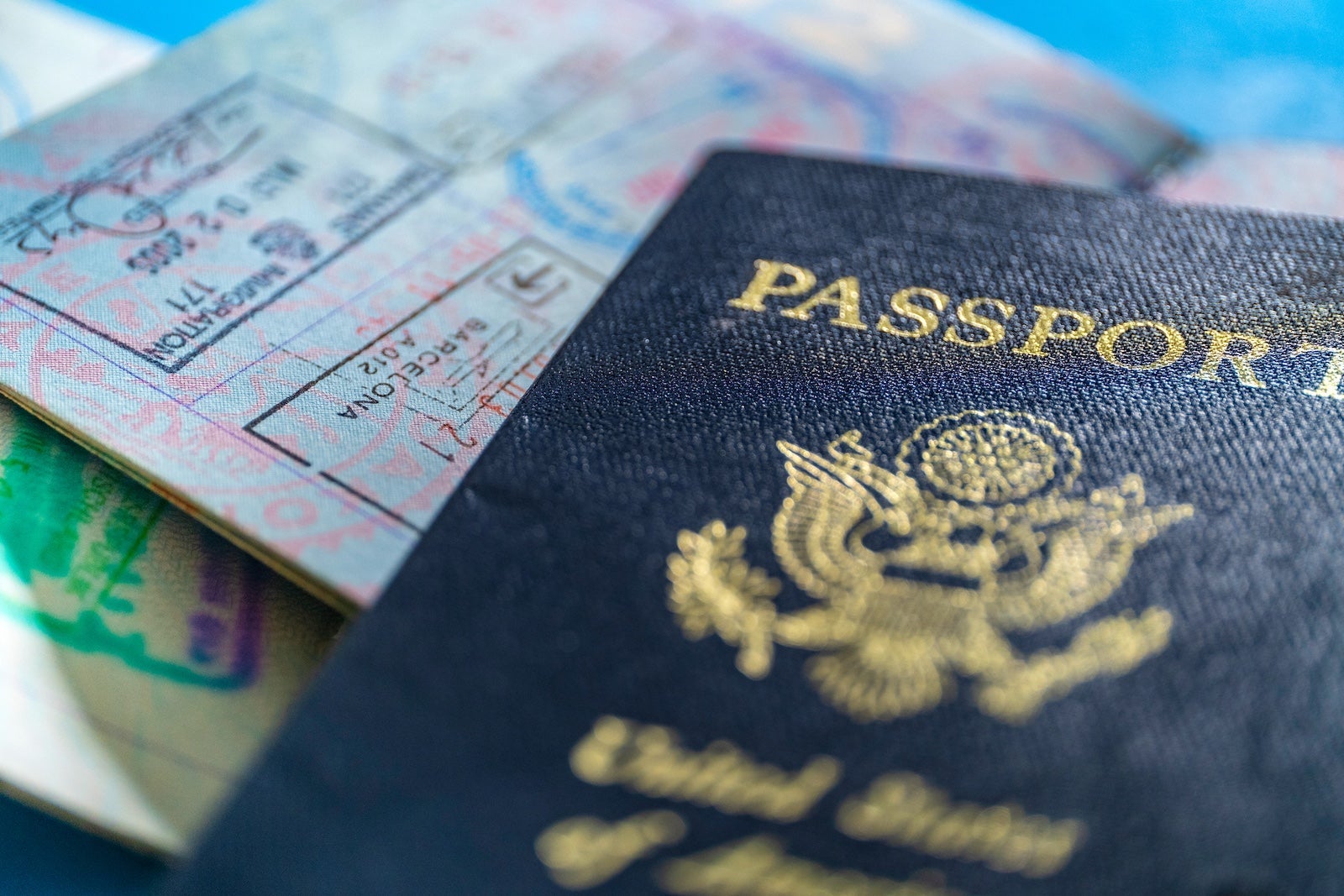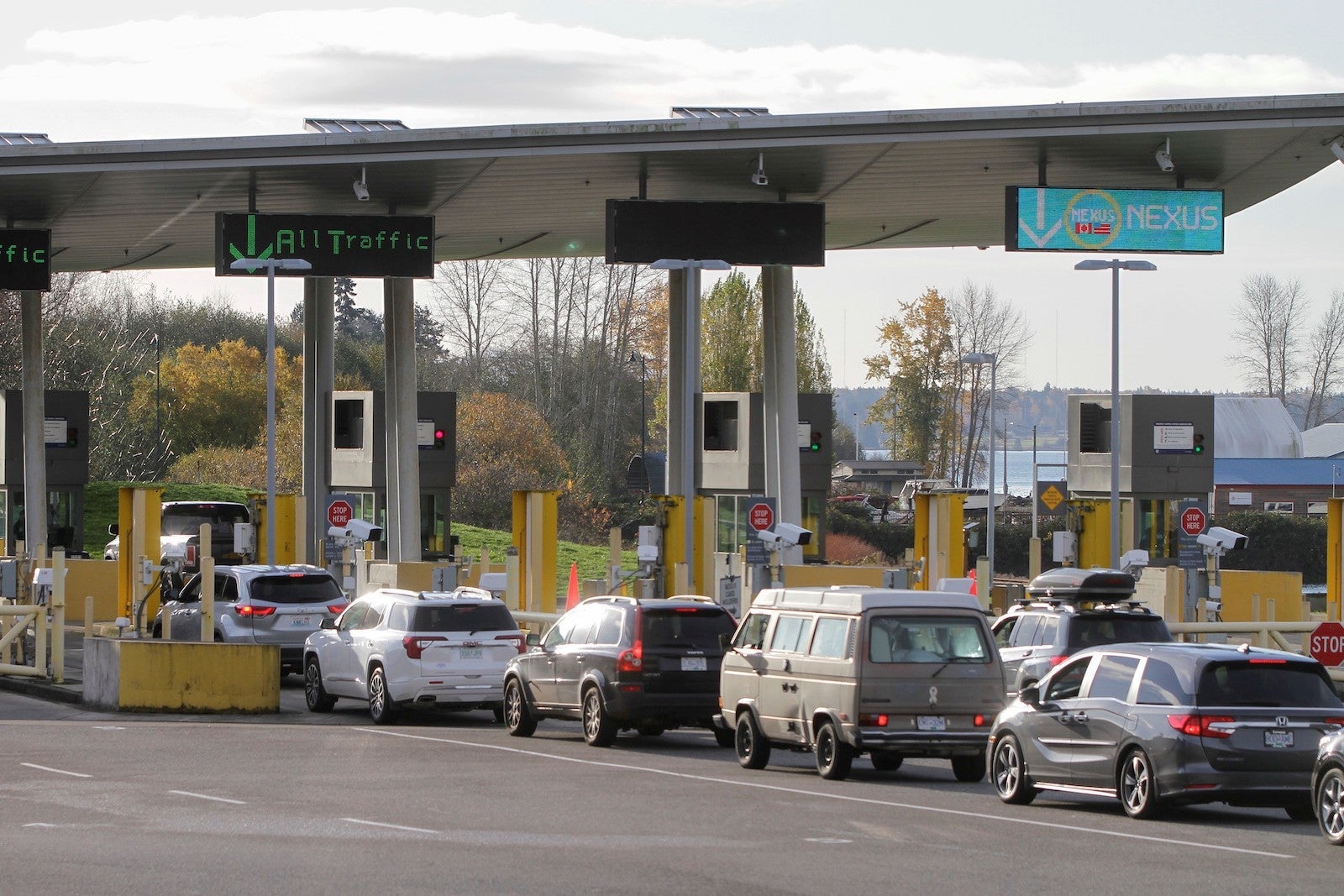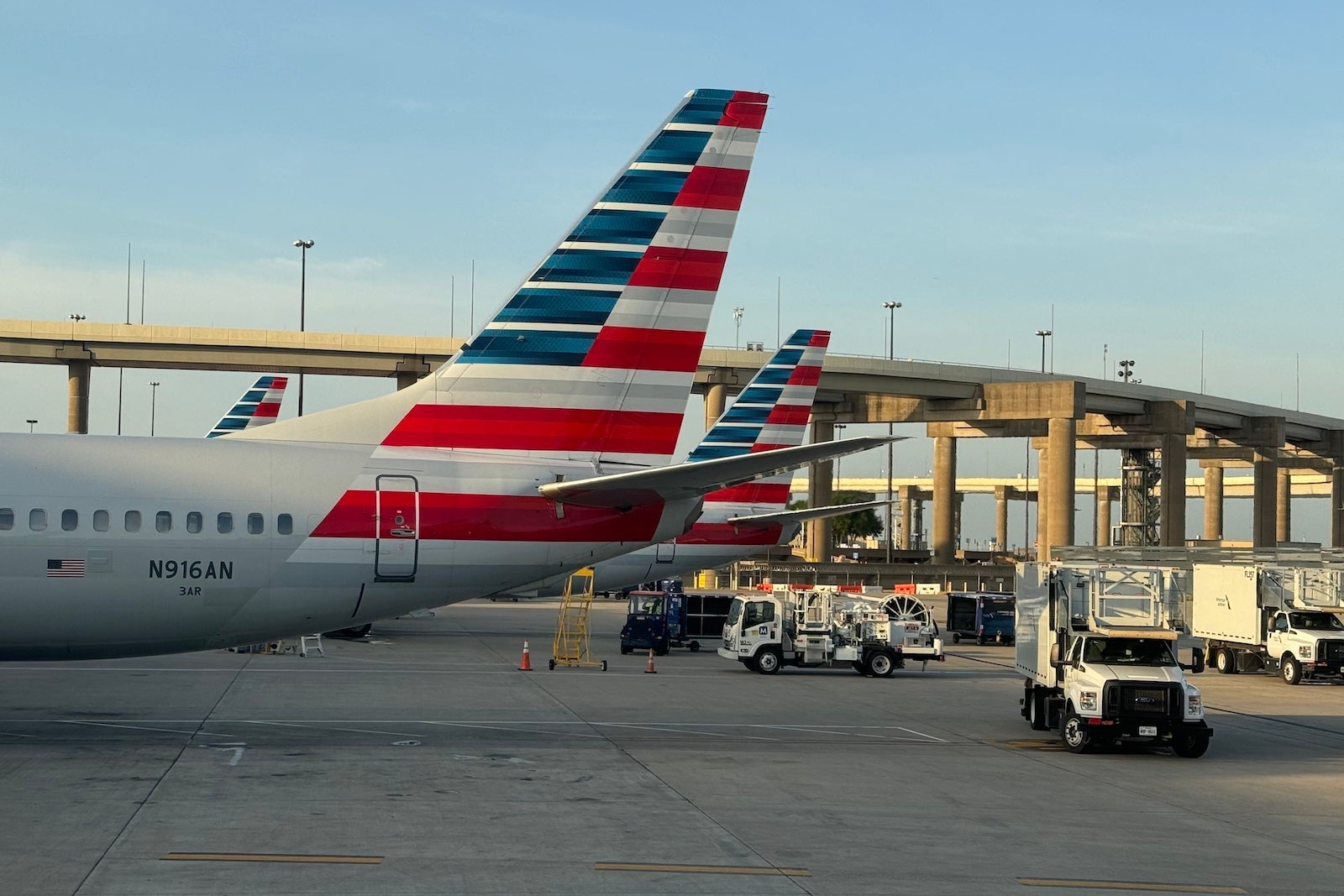Government shutdown: What travelers need to know

The possibility of the federal government shutting down without a deal to keep federal funds flowing is growing. This can have some pretty serious impact on travel, especially if the closing time is delayed any time.
If lawmakers and President Donald Trump cannot reach a deal to maintain government funding, the so-called non-essential government function will end at midnight on Tuesday. These include training facilities such as air traffic controllers, some government office buildings that may accommodate passport offices, national parks and other government agencies.
If the closure is delayed, airport security may also be affected if certain Transport Safety Administration employees work without stopping their salaries. The American Travel Association recommends that the closure could lose about $1 billion per week and affect millions of travelers and businesses.
“Passengers need to prepare for some government-induced unrest,” said Henry Harteveldt, a travel industry analyst and president of climate research.
Here’s what you need to know about the impact of travel.
Airport security
Most federal workers associated with air travel are considered essential, including the TSA and the Federal Aviation Administration. This means that even in the case of a government shutdown, they Assumptions Keep working. However, these workers won’t pay during the closure – which could end up causing a sick call or not appearing.
Harteveldt told TPG that security screeners will also face overtime restrictions: “Recently, passengers may notice longer airport security lines and there is a risk of additional flight delays. If the closure lasts for more than a week or two, I worry that TSA airport security personnel may resign in search of jobs – as well as salary – and elsewhere.”
Air traffic control

Air traffic controllers are also considered essential. This means that ATC should be technically functioning; however, there is already a huge shortage of ATC workers, which will only intensify in the closure.
Absenteeism can also present a major challenge here. The FAA is already struggling with labor shortages, which has led to cuts in major airports such as Newark Liberty International Airport (EWR).

Reward your inbox with TPG Daily Newsletter
Join over 700,000 readers for breaking news, in-depth guides and exclusive deals from TPG experts
As government shutdowns dragged on for weeks a few weeks before 2019, more and more air traffic controllers were getting sick or tired. This has resulted in temporary closures of LaGuardia Airport (LGA) and delays at airports such as EWR, Philadelphia International Airport (PHL) and Hartsfield-Jackson Atlanta International Airport (ATL). The airport crisis eventually helped end the shutdown as news showed long lines covered long lines, with travelers putting pressure on legislators to reach a deal.
Remember that many ATC support staff may also get off work, further straining and grumpy in the control tower. Some support experts and supervisors working in the control tower will be on leave. We saw this during the 2018-2019 closure.
Another problem caused by the closure is the disruption in training new air traffic controllers, undermining the training of new, urgently needed ATC recruits. “The FAA funding has been repeatedly interrupted over the past 15 years, which has been due to closures and other budgetary struggles, playing a key role in preventing the agency from hiring and training enough controllers,” Binyamin Appelbaum noted in a New York Times article.
The American Travel Association briefly summarized it in a new letter to Congressional leaders (PDF link): “The shutdown has exacerbated the shortage of personnel between Transport Safety Administration officials and Air Traffic Controllers, threatening longer airport safety lines, flight delays and cancellations.”
Passport and trustworthy traveler services

Fortunately, passport services are also considered essential and will continue during the closure. Trusted Traveler Programs are expected to continue processing applications; most of these services are funded by applicant fees.
Nevertheless, if some passport offices are in buildings operated by closed government agencies, they may be closed. Passport processing may be stopped altogether if the department runs out of funds from the application and previous fees.
U.S. national employees will also work without pay – so absenteeism may again lead to delays in processing. Prolonged closures may lead to an overall slowdown in passport processing time. If your passport is set to expire, you may need to send a renewal as soon as possible.
Fortunately, the post office will remain open. This means that passport application can be submitted in person and mailed for normal processing (at least for now).
Crossing point

The border crossing will remain open during any closure. The Border Patrol – and many federal law enforcement – will be open as usual, at least for now. There may be a chain reaction in the end.
What about museums like the Smithsonian?

Many museums in Washington, D.C. (such as the Smithsonian Museum, the National Zoo, and the National Gallery of Art) are federally funded. If reserves are reserved, they will remain open or provide limited access, but long-term closures may change soon.
During the 2018-2019 closure, the Smithsonian Museums remained open for 11 days until currency was run out and closed. They did not reopen until the government reopened.
National Parks

The National Park Service relies on government funds, so most workers are temporarily fired during the closure.
Although national parks were mostly open to visitors in previous closures, most workers were usually on leave – meaning garbage dumps, bathrooms were not cleaned, some trails closed, poaching and other illegal activities tend to occur more frequently.
Dozens of former park principals have recently advocated closing national parks during shutdowns. “There were past closures, the doors were still hurting with limited staff,” they wrote in a letter to U.S. Interior Secretary Doug Burgum. They said the impact could be worse this time, as the Trump administration made layoffs earlier this year.
However, the government has not commented on its plans to use national parks and monuments when it is closed.
How will the government closure affect the tourism industry?

While average Americans may not see serious travel impacts from government shutdowns Immediatelyit will still have a significant impact on the industry as a whole.
According to the American Travel Association, the U.S. economy could lose about $140 million a day during the government shutdown, partly due to long wait times at airports and delayed modernization projects. Additionally, passports, visas and global admissions may be processed longer, which may cause tourists to postpone or cancel their travel plans.
“The shutdown is a completely preventable blow to the U.S. travel economy, with $1 billion a week and impacting millions of travelers and businesses while putting unnecessary pressure on the already overexpanding federal travel workforce,” said Geoff Freeman, president and CEO of the American Travel Association.
Bottom line
During the government shutdown, there were few winners – the longer the delay, the worse it was for the traveling public. We strongly recommend travelers keep an eye on the news and be prepared for airport safety, potential air traffic control delays, and longer waiting times in preparation for new passports or other government documents.
Related readings:



